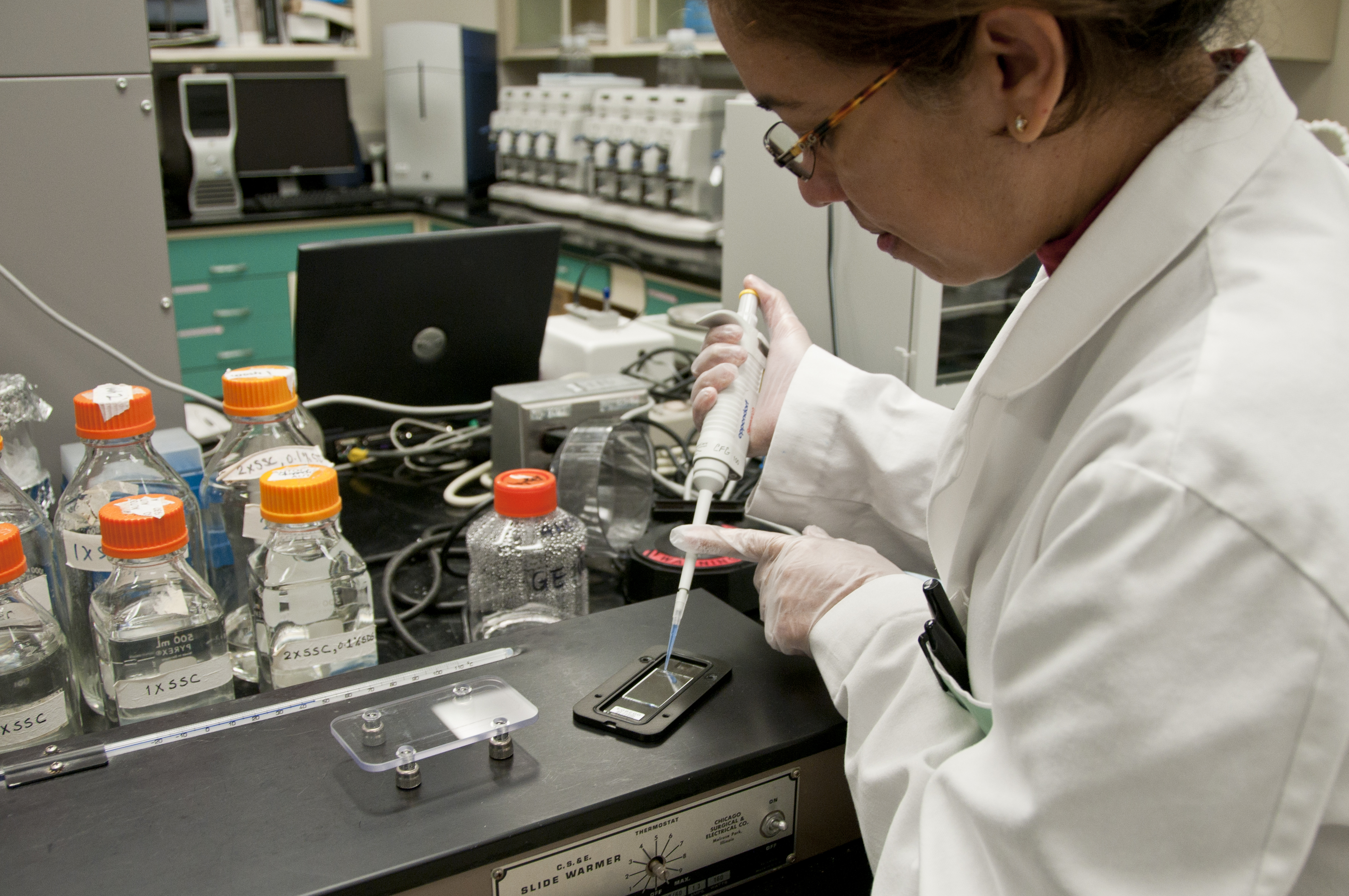
Photo from academic.microsoft.com
Various changes have affected health services delivery in response to the repercussions of the COVID-19 pandemic, and this may exhibit unprecedented effects on healthcare workers (HCWs). This study aimed to… Click to show full abstract
Various changes have affected health services delivery in response to the repercussions of the COVID-19 pandemic, and this may exhibit unprecedented effects on healthcare workers (HCWs). This study aimed to explore the lived experience of physicians and nurses caring for patients with COVID-19 in Jordan. An interpretative phenomenology approach was used, and sampling was purposively performed. Data were collected through semi-structured interviews using an online meeting platform (Zoom®). Interviews were audio-recorded, transcribed verbatim, and analyzed. The data were obtained from 26 physicians and nurses caring for patients with COVID-19. The mean age of the participants was 29.41 years (SD = 2.72). Six main themes and 17 subthemes were identified: (i) emotional reactions; (ii) preparation; (iii) source of support; (iv) extreme workload; (v) occupational challenges, and (vi) work-related concerns. The results showed that nurses and physicians caring for COVID-19 patients in Jordan were experiencing mental and emotional distress and were practicing under inadequate work conditions. This distress could be multifactorial with personal, organizational, or cultural origins. Our findings may guide policymakers to consider the potential factors that significantly affect working environment in healthcare settings, the physical and mental wellbeing of HCWs, and the required professional training that can help in enhancing resilience and coping strategies amidst crises.
Journal Title: International Journal of Environmental Research and Public Health
Year Published: 2021
Link to full text (if available)
Share on Social Media: Sign Up to like & get
recommendations!